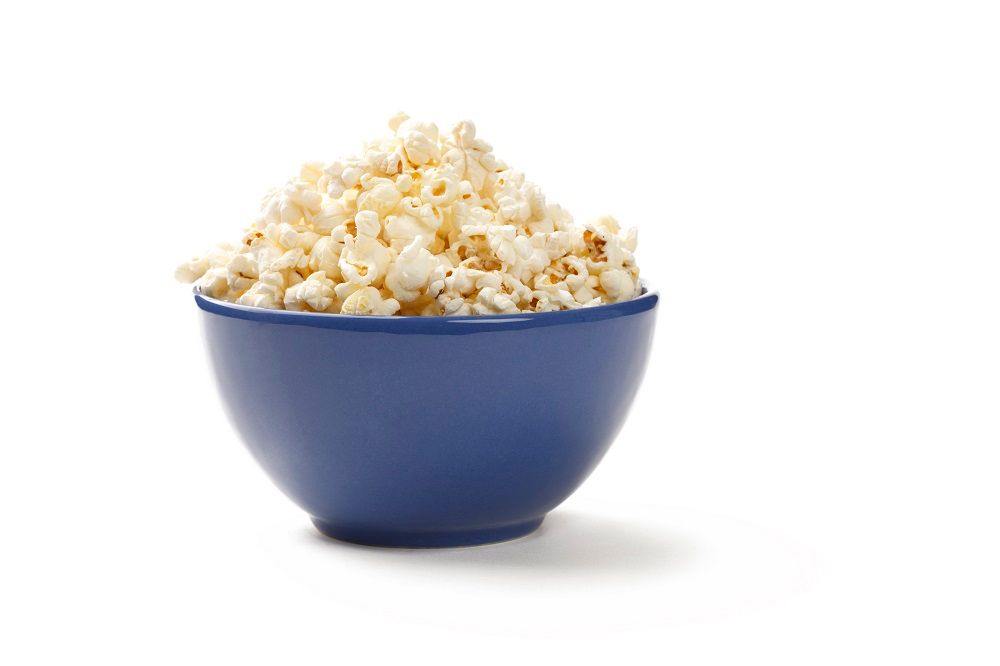Teeth have a durable outer layer called enamel that protects them from the wear and tear of chewing and biting on a regular basis. But your teeth are not indestructible. Accidents can happen where a tooth may crack, chip, or fracture. This qualifies as a dental emergency requiring prompt repair from a dentist.
You can lower your risk of this type of dental problem if you know which food items could lead to this tooth breakage. Read on to learn about five foods that you might be surprised to learn could harm your teeth if you are not careful.

Which Foods Could Lead to Tooth Breakage?
Popcorn
Popcorn is a fun snack that you can enjoy out at a movie theater or from the comfort of your home. Its light and fluffy texture can hide hard, unpopped kernels, however. If you accidentally bite down on one of these kernels, this hard food may generate enough pressure to break your tooth.
When you crack or chip your tooth, you might not necessarily feel pain. But the injury can worsen over time, deepening and leaving your tooth vulnerable to bacteria or plaque penetrating the tooth.
So if you do break a tooth when eating popcorn, do not ignore the problem. Schedule an evaluation with your dentist as soon as you can.
Bagels
A bagel can help you build a delicious sandwich for any time of the day. But bagels and other hard breads are much denser in texture than you might imagine. Biting into this food could accidentally lead to tooth breakage.
If you suffer from this dental injury, your dentist can repair your tooth. They will likely use a dental crown to cover the affected tooth. The cap restores the tooth’s structure and shields it from further harm.
Hard Candy
Hard candy is made by boiling sugary syrups which will solidify as they cool. This sweet treat is designed to be sucked in the mouth until it dissolves. But it can be tempting to bite down on this candy before it is ready.
Biting on this candy will likely damage your teeth. If you do not think you can restrain yourself from trying to chew hard candy, you should avoid eating it. You can save yourself time, money, and discomfort when you steer clear of this type of dental injury. Though often treatable with help from your dentist, it is better for your oral health to preserve the natural structure of your smile.
Corn on the Cob
Corn not only tastes great, but it grows on a cob which makes for a fun way to eat it. However, your teeth cannot withstand the pressure of biting into a hard cob. The grating of your teeth against this cob could severely damage your smile.
To protect your smile, you should try to enjoy corn off of the cob whenever possible. If you find yourself eating corn on the cob, be careful with your biting and chewing to lower your risk of a dental injury.
